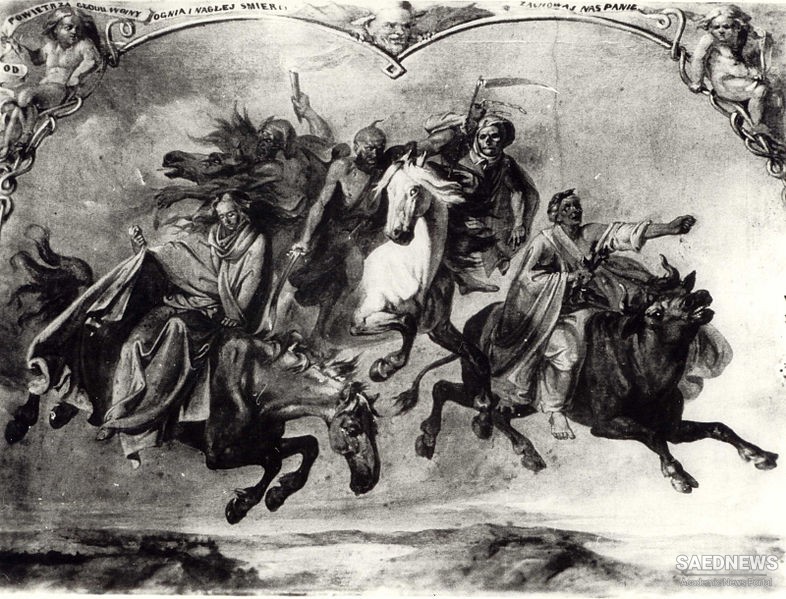Perhaps the most recognizable feature in the Middle Eastern narrative of the final events, the End paradigm in the Zoroastrian and Jewish traditions, is that it operates as a reverse process to the myth of the beginning, what is often identified as the binary of the zeitgeist and the endgeist. As in other nature-orientated cosmologies, the eschatological narrative of the final events commemorates a seasonal cycle. Despite much variation, this powerful motif relies on celestial and agricultural imagery to convey a sense of continuity in the cycle of life and death, an essential feature of any enduring socio-religious cosmology. In the salvation religions of the Middle East the binary of the Beginning and the End paradigms is particularly powerful since it generally functions as a strategy to resolve the tension engendered by the problem of theodicy. The struggle between good and evil, in existence since the dawn of creation, will culminate in a destructive final battle in which the victory of the forces of good over evil will be followed by divine judgment and the reward of timeless bliss. Unraveling mysteries of the End paradigm has long been the preoccupation of believers, whether as commentators of the encoded messages of the scriptures or, more often, as human agents called upon to realize the scenario of the End. In any given situation, the millennialists tend to engage in some form of temporalizing past prophecies and demonstrate the imminence, or near imminence, of the End in their own time and place. Applying prophecies to contemporary settings, needless to say, is as distinct from the modern historical or critical reading of the scriptures as it is from the ahistorical timelessness usually attached to the prophecies by “authoritative” exegeses, be they Augustinian church dogma, the Talmudic halakha, or the consensus of the Muslim 'ulama.


 Shia Islam, Apocalypticism and Advent of a New Era of Justice and Freedom
Shia Islam, Apocalypticism and Advent of a New Era of Justice and Freedom














































